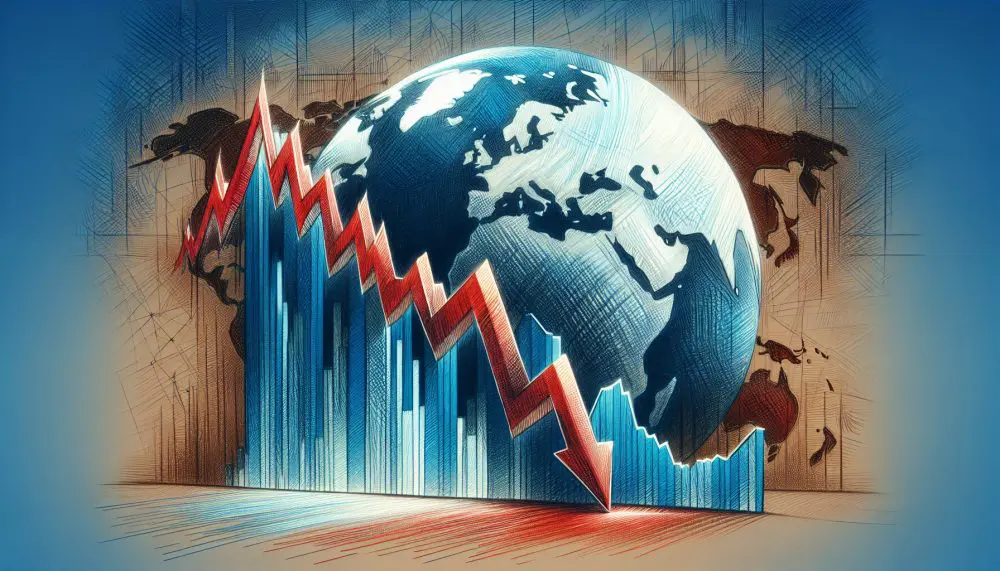Global Economic Concerns

In recent years, the global economy has faced a myriad of challenges that have sparked widespread concern among policymakers, businesses, and citizens alike. These economic concerns are multifaceted and have far-reaching implications for countries around the world. From inflation and supply chain disruptions to geopolitical tensions and climate change, the contemporary economic landscape is characterized by uncertainty and complexity.
One of the most pressing issues is inflation. Following the COVID-19 pandemic, many countries experienced significant increases in prices due to a combination of supply chain disruptions, increased demand for goods, and rising energy costs. Central banks, tasked with maintaining economic stability, have had to respond by adjusting interest rates. However, rapid rate hikes can slow down economic growth and lead to a recession if not managed carefully. As consumers face higher costs for essential goods and services, their purchasing power diminishes, impacting overall economic activity.
Supply chain disruptions have also emerged as a significant concern in the global economy. The pandemic highlighted vulnerabilities in global logistics networks, with many industries experiencing delays and shortages of critical components. The ongoing conflict in Ukraine has further exacerbated these challenges by affecting energy supplies and agricultural products. Businesses have been forced to reevaluate their supply chains, leading to a trend of “reshoring” or diversifying suppliers to reduce dependency on a single source. While these adjustments may enhance resilience, they also come with short-term costs and complexities that can affect pricing and availability in the market.
Geopolitical tensions represent another layer of concern. As countries navigate complex relationships, trade policies can shift rapidly, affecting international markets. The ongoing trade tensions between major economies, particularly the United States and China, have raised fears of a fragmented global trading system. Tariffs and trade barriers can hinder economic growth and create uncertainty for businesses that rely on international trade. Additionally, political instability in various regions can lead to capital flight and reduced investor confidence, further straining global economic dynamics.
Climate change poses a long-term threat to the global economy, with increasing frequency and intensity of natural disasters disrupting economies worldwide. As countries work towards sustainable development and carbon neutrality, there is a need for substantial investment in green technologies and infrastructure. However, transitioning to a sustainable economy requires significant financial resources and political will. The challenge lies in balancing economic growth with environmental sustainability, ensuring that future generations inherit a healthy planet.
Moreover, global inequality remains a critical concern. The pandemic disproportionately impacted vulnerable populations, exacerbating existing disparities in wealth and opportunity. Addressing these inequalities is crucial for fostering inclusive economic growth. Governments and international organizations must implement policies that promote equitable access to education, healthcare, and economic opportunities, ensuring that no one is left behind in the recovery process.
In conclusion, the global economy is grappling with various interconnected concerns that require coordinated efforts from governments, businesses, and civil society. Addressing inflation, supply chain vulnerabilities, geopolitical tensions, climate change, and inequality is essential for fostering a resilient and sustainable global economy. As we navigate these challenges, it is imperative to adopt a collaborative approach that prioritizes economic stability and social equity for the benefit of all.
